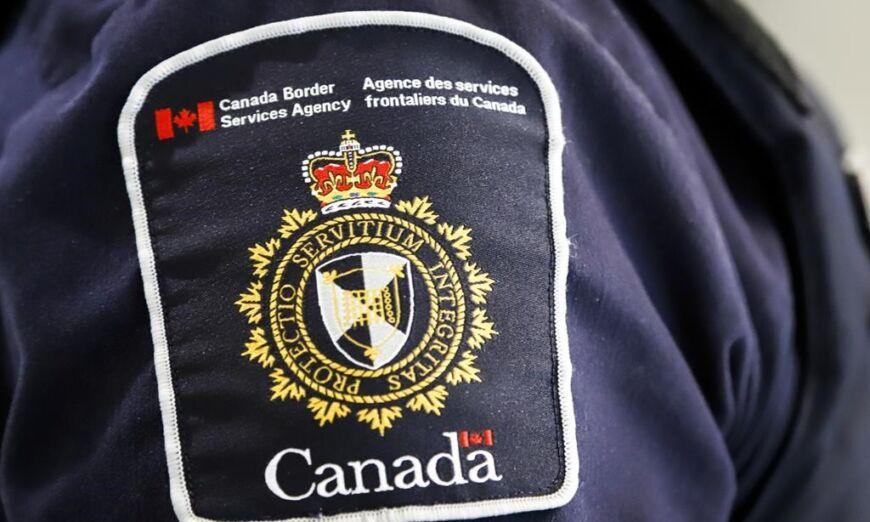Not all foreign fugitives are able to be tracked, caught, and deported, according to the Canada Border Services Agency (CBSA).
“I think targets of 100 percent are rarely achievable,” Jonathan Moore, vice-president of CBSA, said during a Senate national finance committee meeting.





